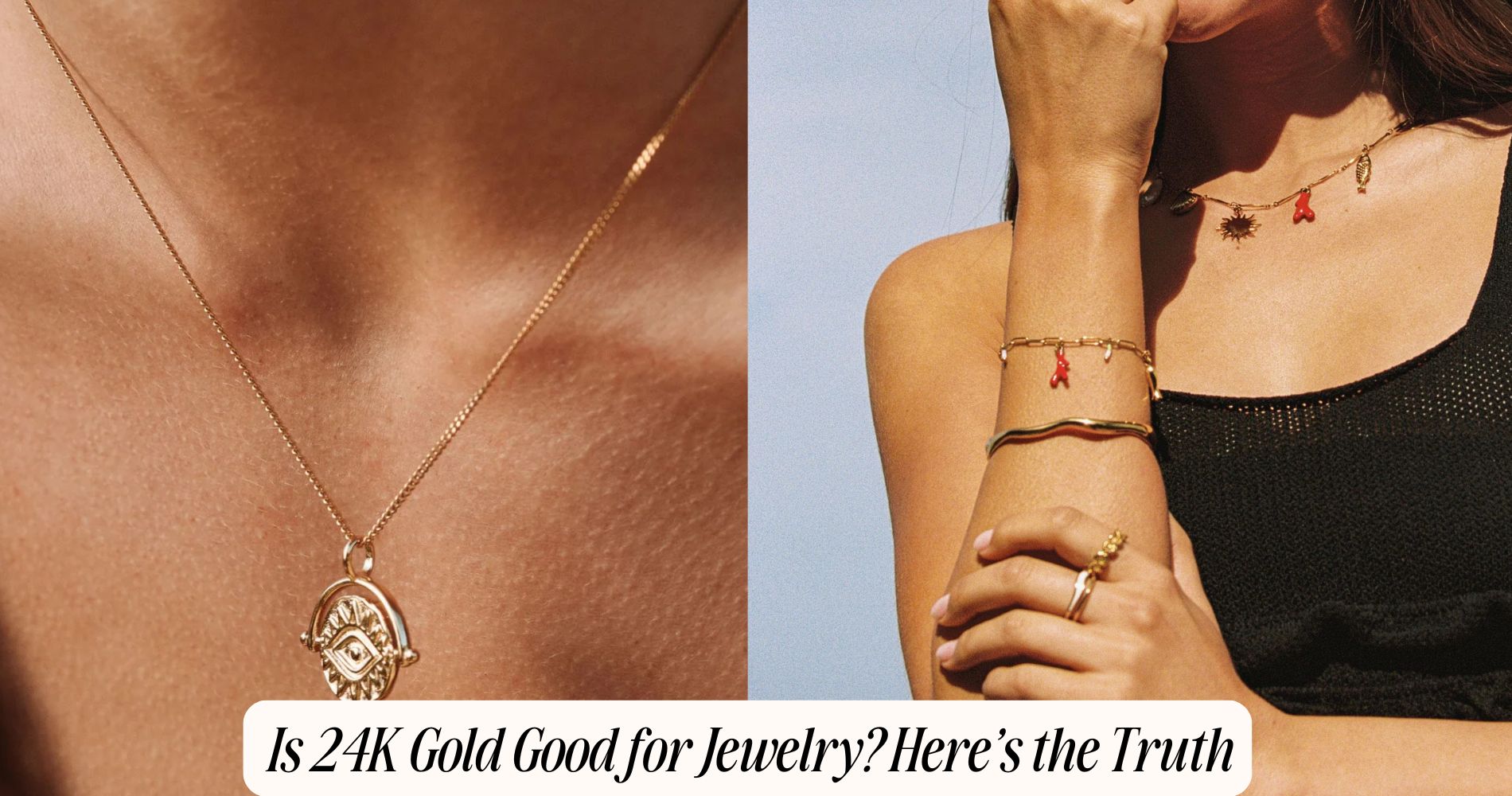
Is 24K Gold Good for Jewelry? Here’s the Truth
You might wonder, is 24k gold good for jewelry? Its unmatched purity and rich golden hue certainly make it stunning, but there’s a trade-off. Because 24K gold contains minimal alloying metals, it’s soft and prone to scratches or bending, making it less ideal for everyday wear. For traditional ornaments or wedding bands where brilliance and heritage matter most, 24K still shines beautifully. However, if you value durability and practicality, other gold alloys might be better suited. Explore our Affordable Gold Jewelry to find pieces that perfectly balance elegance and strength.
Understanding Gold Purity: What Does 24K Mean?
When discussing gold purity, the term "24K" represents the highest level of gold purity, indicating that the metal is 99.9% pure gold.
This level sits at the pinnacle of the gold grading system, where the purity scale measures how much gold is present in an alloy. In this instance, "K" stands for karat, a unit representing purity. Each karat denotes 1/24th of the whole, so 24K gold is virtually pure, with minimal alloying metals, which can affect hardness and color.
You should understand that this extreme purity offers a softness that makes 24K gold less durable compared to lower karat grades.
However, its unmatched purity guarantees a brilliant, lustrous appearance that's unrivaled in the gold grading spectrum.
The Allure and Appeal of 24K Gold
Understanding the exceptional purity of 24K gold sets the stage for appreciating its extraordinary allure and appeal. As pure gold, 24K gold epitomizes the pinnacle of a luxury statement, exuding an unmatched radiance and richness.
Its vibrant, warm hue is instantly recognizable, making it a symbol of opulence and prestige across different cultures. Historically, 24K gold has held profound cultural significance, being utilized in religious artifacts, royal regalia, and traditional ceremonies, signifying wealth and power.
When you choose 24K gold jewelry, you're not just selecting an ornament; you're embracing a piece of cultural heritage and luxury. The unmatched glow and intrinsic value of 24K gold make it a timeless choice, revered for its beauty and historical depth.
Durability Concerns With 24K Gold Jewelry
Despite its unparalleled allure, 24K gold's softness poses significant durability concerns for jewelry. Pure gold lacks inherent scratch resistance, making it susceptible to abrasions and dents with daily wear.
As the most malleable metal, 24K gold can deform under pressure, compromising the structural integrity of intricate designs. To mitigate these issues, it's essential you employ strategic maintenance tips.
Store your 24K gold pieces separately in soft pouches to prevent surface damage. Regularly inspect your jewelry for signs of wear, and consult a professional jeweler for repairs.
Limit exposure to harsh chemicals and rigorous activities that could exacerbate its vulnerabilities. By adhering to these precautions, you can preserve the exquisite luster and longevity of your 24K gold jewelry.
Comparing 24K Gold to Other Gold Alloys
While 24K gold captivates with its unmatched purity, other gold alloys offer distinct advantages for jewelry applications. Gold composition plays a critical role in determining the alloy's properties.
For instance, 18K gold, containing 75% pure gold, is alloyed with metals like copper and silver, enhancing its hardness and making it more suitable for intricate designs. This increased durability is an alloy benefit, allowing for everyday wear without significant wear or damage.
In contrast, 14K gold, with 58.3% pure gold, offers even greater strength and scratch resistance, ideal for pieces requiring longevity and resilience. These alloys maintain the luster and beauty of gold while optimizing structural integrity, catering to both aesthetic and practical preferences in jewelry design.
Practicality and Everyday Wear of 24K Gold
When considering the practicality of 24K gold for everyday wear, it's essential to understand its inherent characteristics. As pure gold, 24K is remarkably soft and malleable, making it susceptible to scratching and deformation. This property affects its everyday comfort, as jewelry can quickly lose its shape.
To maintain its pristine condition, you should follow specific maintenance tips: regularly clean with a soft cloth and store pieces separately to prevent abrasion. Avoid exposing 24K gold to harsh chemicals or extreme temperatures, which can compromise its integrity.
While its lustrous appeal is undeniable, the practical challenges of using 24K gold daily might outweigh its benefits. Consider these factors carefully when deciding if 24K gold suits your lifestyle.
Ideal Uses for 24K Gold in Jewelry Design
In jewelry design, 24K gold finds its ideal applications in pieces where aesthetics and prestige are paramount. Its unmatched purity offers a luminous, rich hue that’s perfect for statement pieces.
With design versatility, you can craft intricate patterns that enhance cultural significance. Think of ceremonial pieces, such as wedding bands or traditional ornaments, where 24K’s radiance symbolizes wealth and purity.
However, remember that 24K gold is softer than lower karats, so it’s best suited for items not subject to everyday wear and tear. Use it for pendants, earrings, or brooches that can be appreciated for their beauty without suffering damage.
When designing with 24K gold, make sure to balance its opulence with structural integrity for a truly remarkable piece.
Making an Informed Decision: Is 24K Gold Right for You?
As you appreciate the aesthetic allure and cultural significance of 24K gold in jewelry design, it’s crucial to assess whether this luxurious metal aligns with your personal needs and lifestyle.
Consider your personal style; 24K gold's rich, yellow hue may complement bold fashion statements but could clash with minimalist or silver-dominant wardrobes.
Assess budget considerations, as 24K gold commands a premium price due to its purity and rarity, impacting your financial plans.
Additionally, consider the metal's softness, which makes it susceptible to scratches and deformation, potentially affecting the longevity of frequently worn pieces.
Evaluate whether the ornamental prestige and intrinsic investment value outweigh the practical drawbacks.
Weigh these factors meticulously before deciding if 24K gold is your ideal choice.
Frequently Asked Questions
How Does 24K Gold Impact Skin Sensitivity or Allergies?
24K gold, being pure, typically minimizes skin reactions and allergy symptoms. Its lack of alloy metals reduces the risk of irritation. However, individual sensitivities vary, so monitor for any unusual signs when wearing new gold jewelry.
Can 24K Gold Jewelry Be Resized Easily?
You can resize 24K gold jewelry, but its high malleability makes it prone to deformation during the process. Jewelers must exercise precision to maintain structural integrity, often recommending alloys for more durable resizing outcomes.
What Is the Environmental Impact of Mining 24K Gold?
Mining 24K gold greatly impacts the environment, but you can mitigate this by supporting sustainable practices. Strict mining regulations help reduce deforestation, water pollution, and habitat destruction, promoting a more responsible and eco-friendly gold extraction process.
How Should 24K Gold Jewelry Be Cleaned and Maintained?
Use mild soap and warm water as effective cleaning techniques for 24K gold. Gently polish with a soft cloth. For maintenance tips, avoid harsh chemicals and store in a soft pouch to prevent scratches.
Is 24K Gold Hypoallergenic Compared to Other Metals?
Yes, you'll find 24k gold hypoallergenic due to its purity, minimizing allergy risks. Unlike 24k gold alternatives like nickel or brass, it contains no alloys that might irritate sensitive skin, making its benefits ideal for allergy sufferers.
Conclusion
In evaluating 24K gold for your jewelry, consider its unmatched purity and luster, which offer a unique allure. However, its softness raises durability concerns, especially for daily wear. When compared to alloys, 24K lacks the strength of 18K or 14K options. It's best suited for pieces not subjected to frequent handling. Ultimately, if you're prioritizing purity and aesthetic brilliance, and can handle the delicacy, 24K gold could be an exquisite choice for select jewelry pieces.








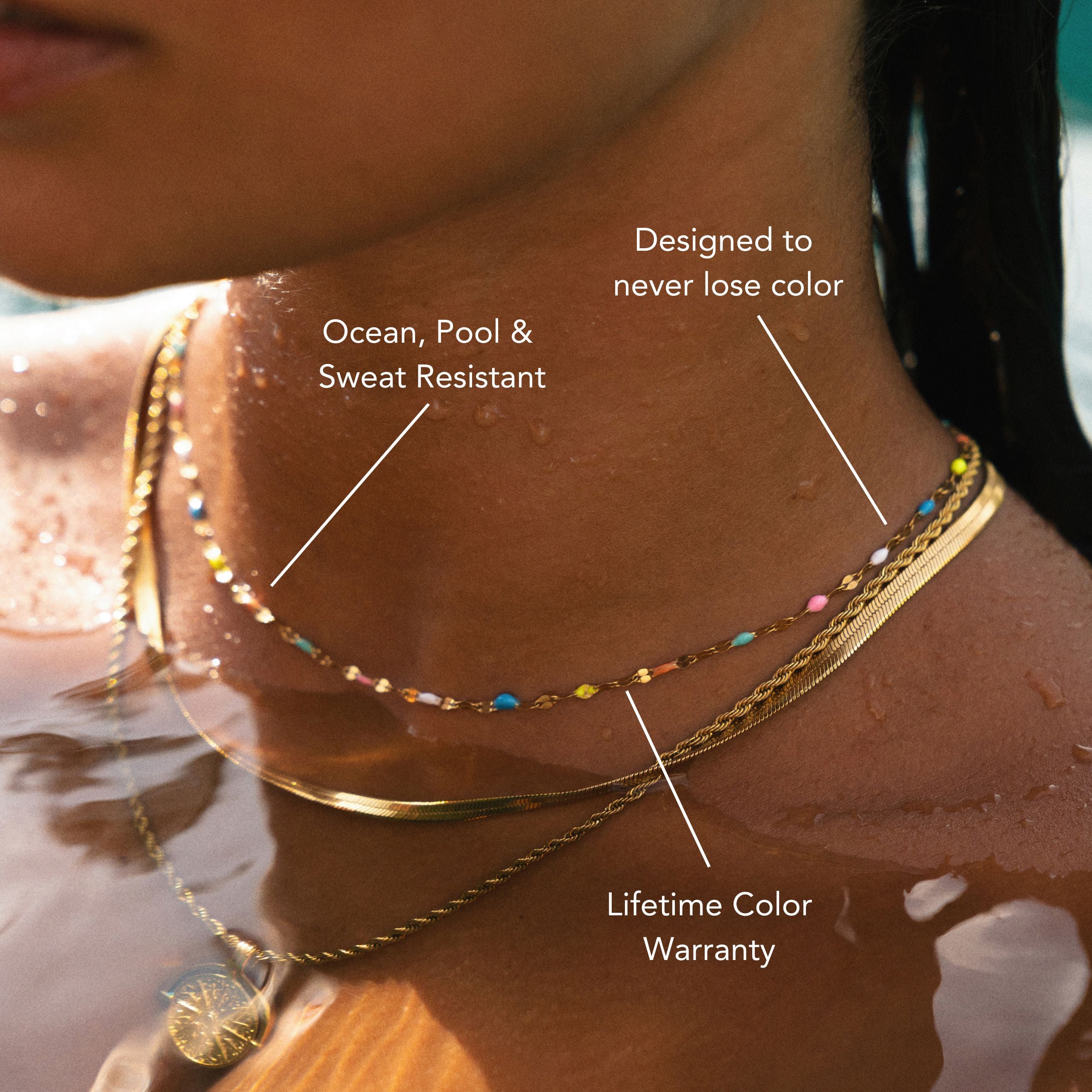

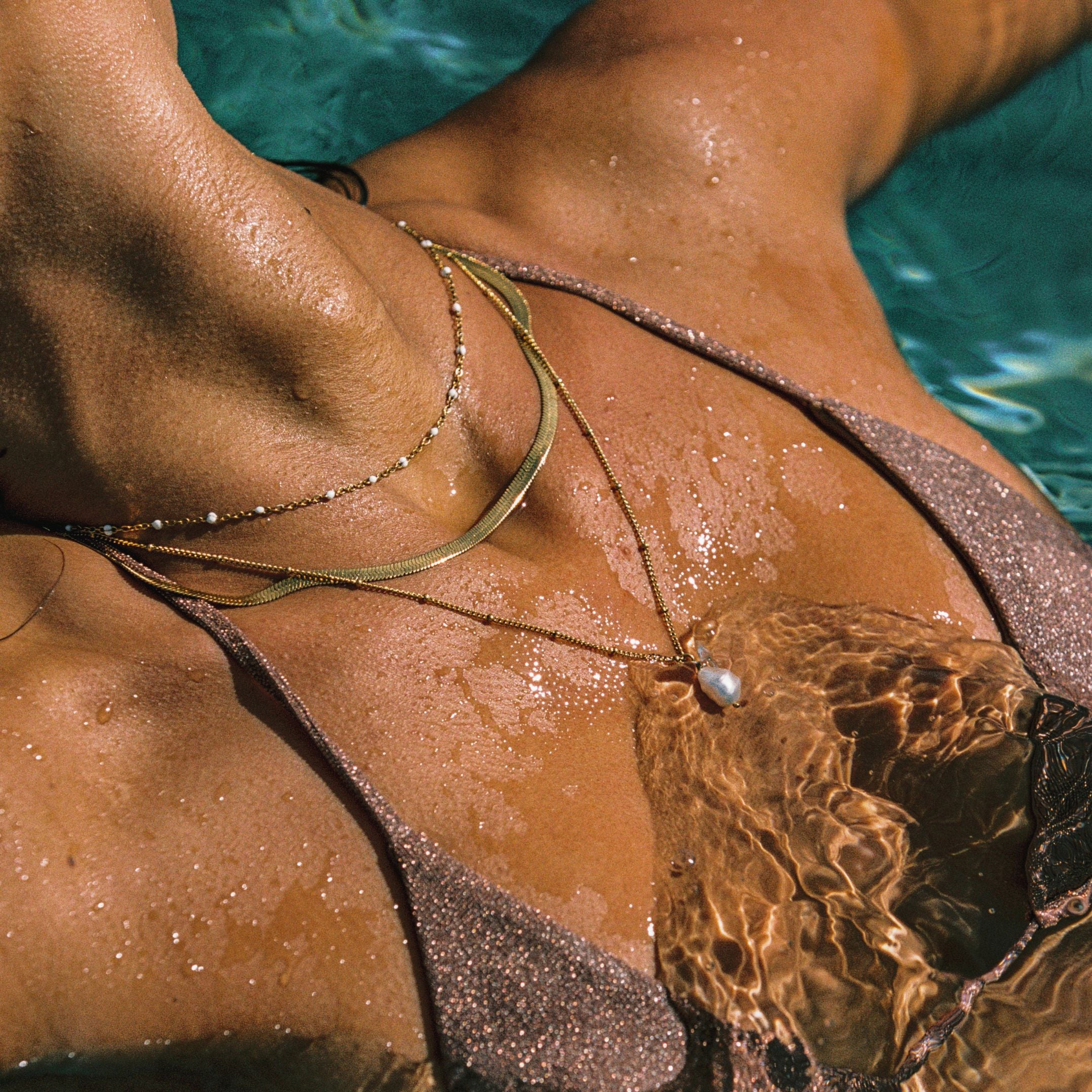


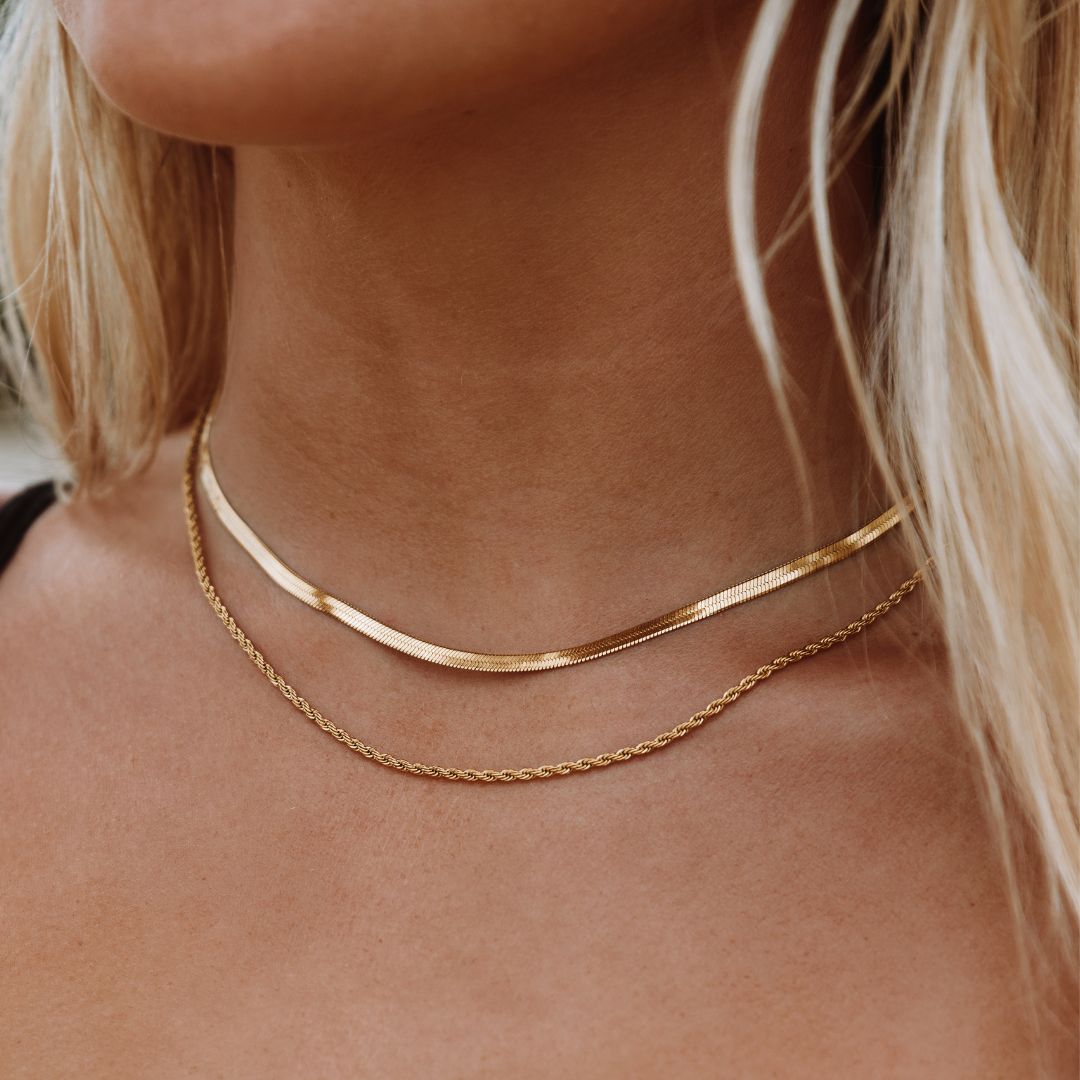

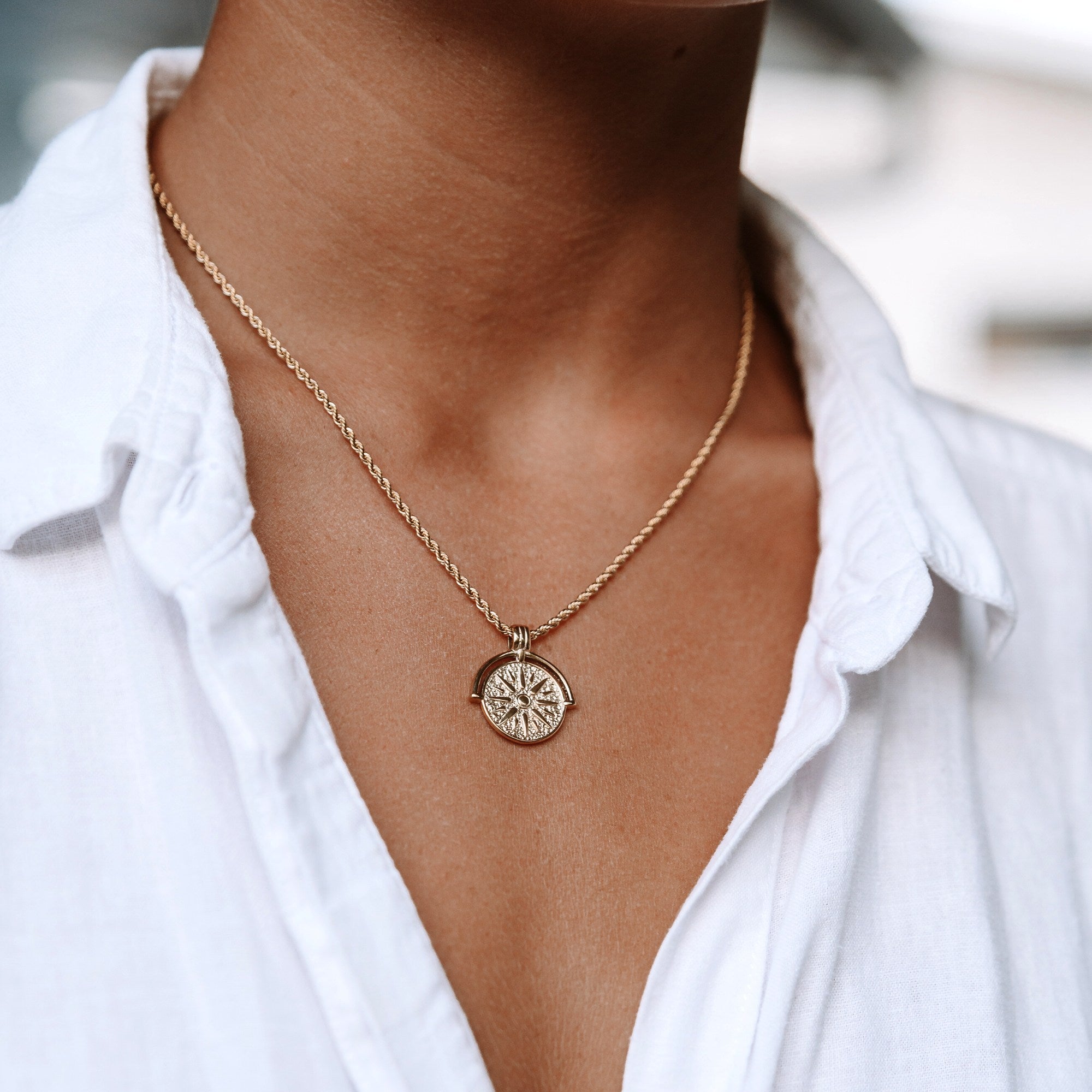

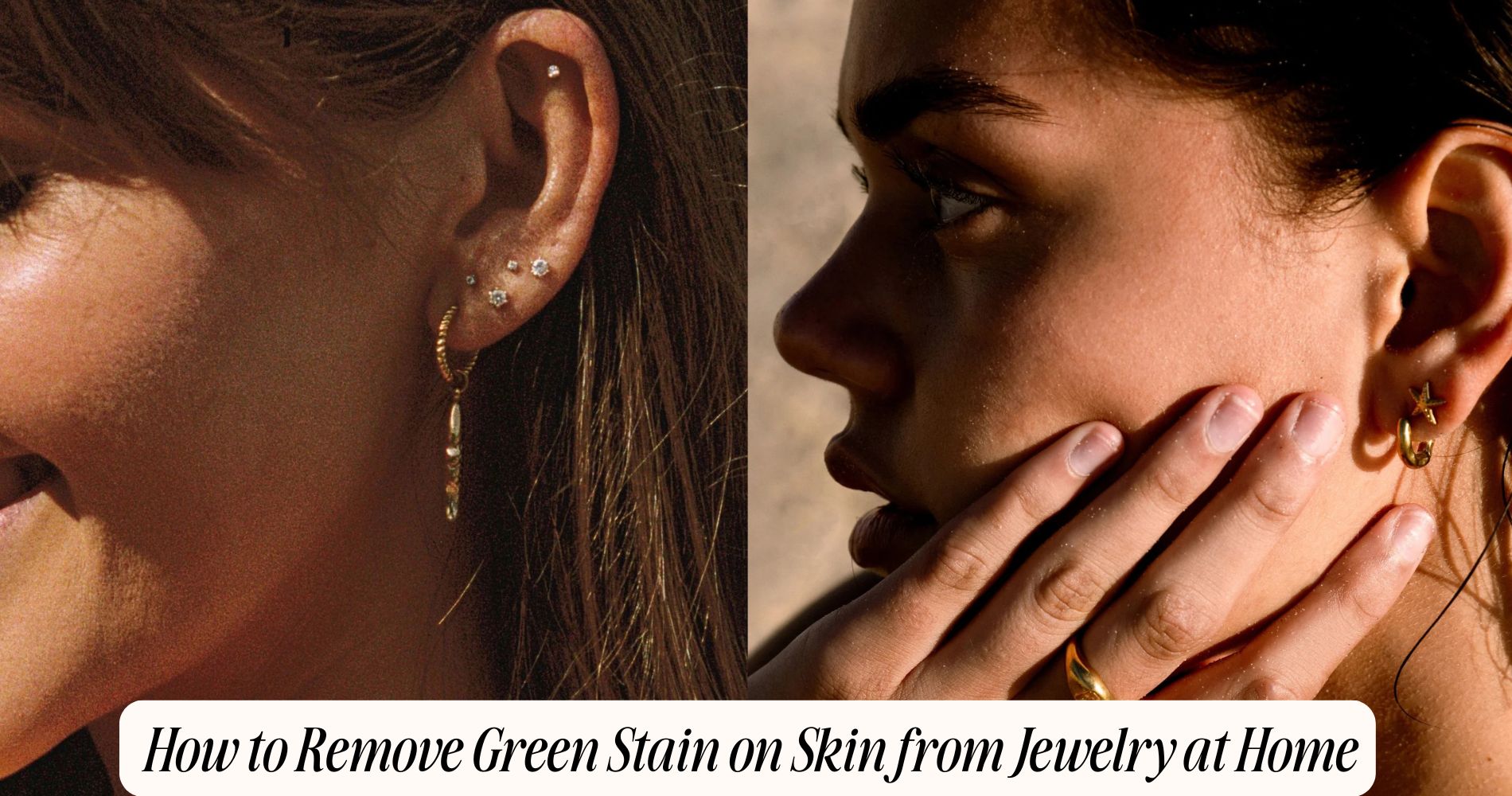
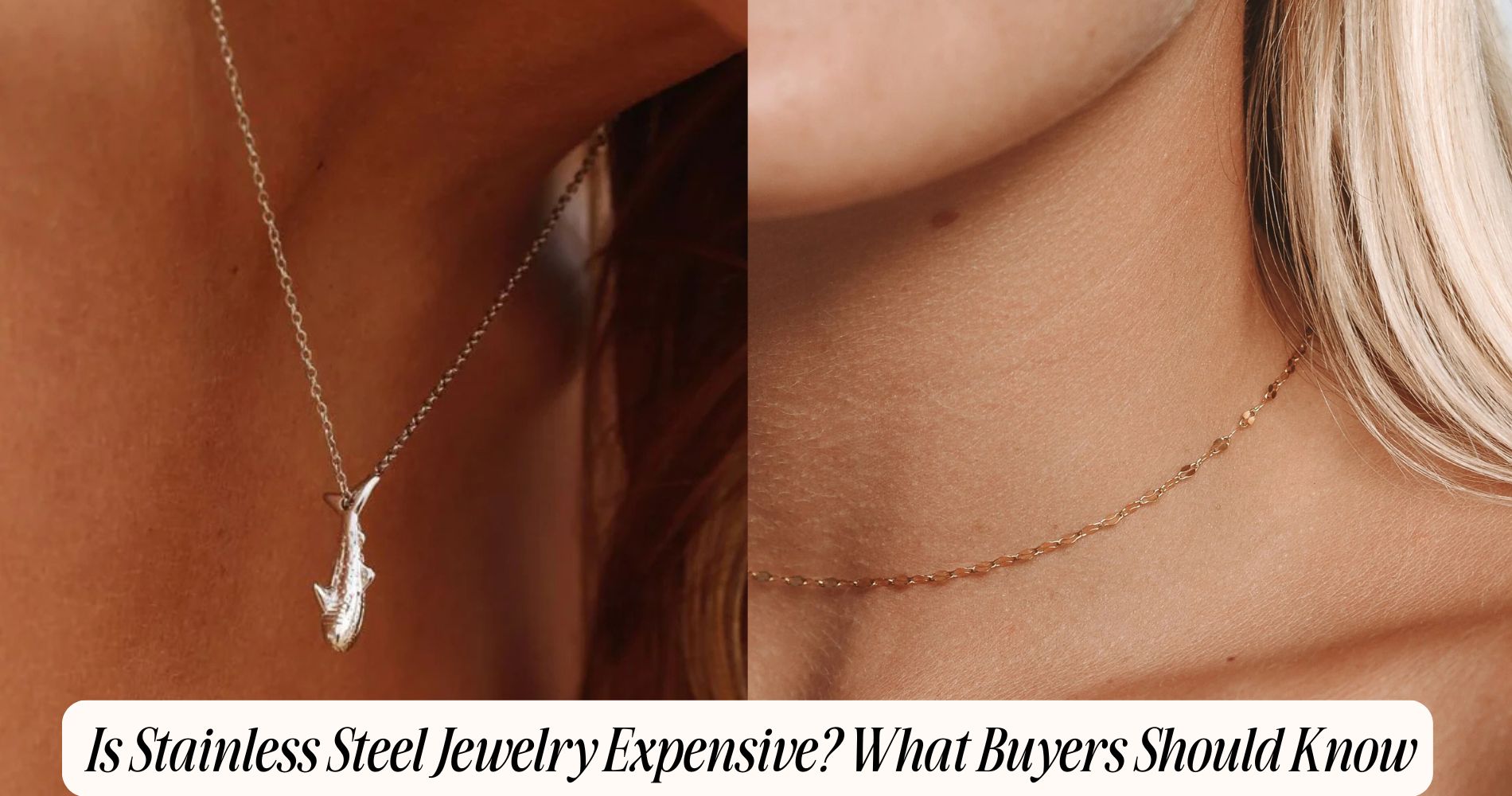




コメントを書く
このサイトはhCaptchaによって保護されており、hCaptchaプライバシーポリシーおよび利用規約が適用されます。